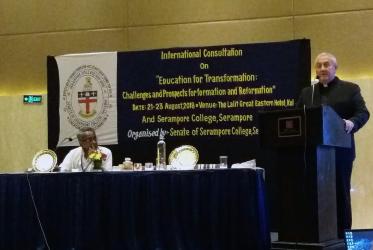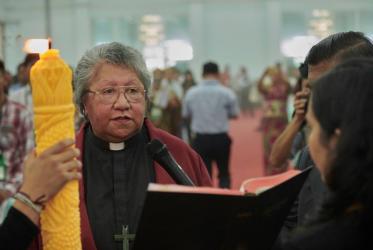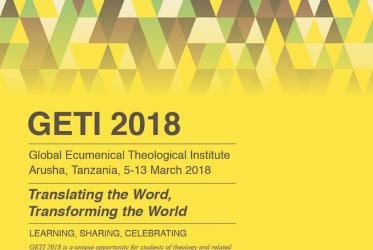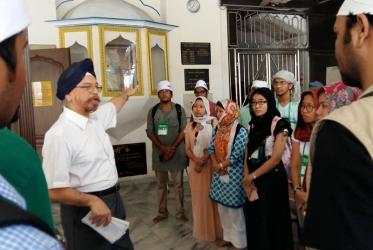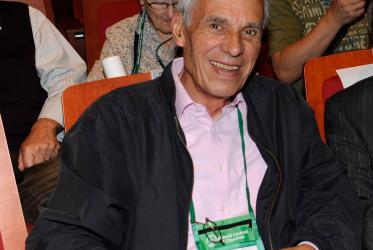Displaying 1 - 17 of 17
"Light of Peace" book now available in Korean
06 January 2021
Paving the way for ecumenical studies, learning English in Bossey
24 September 2018
Former director of the WCC Programme on Theological Education has died
29 September 2017
Young ecumenists address new realities of global movement
25 February 2016
WCC commission promotes ecumenical learning and education
26 February 2015
Religion, Power, Politics: A conversation with Konrad Raiser
01 November 2013


